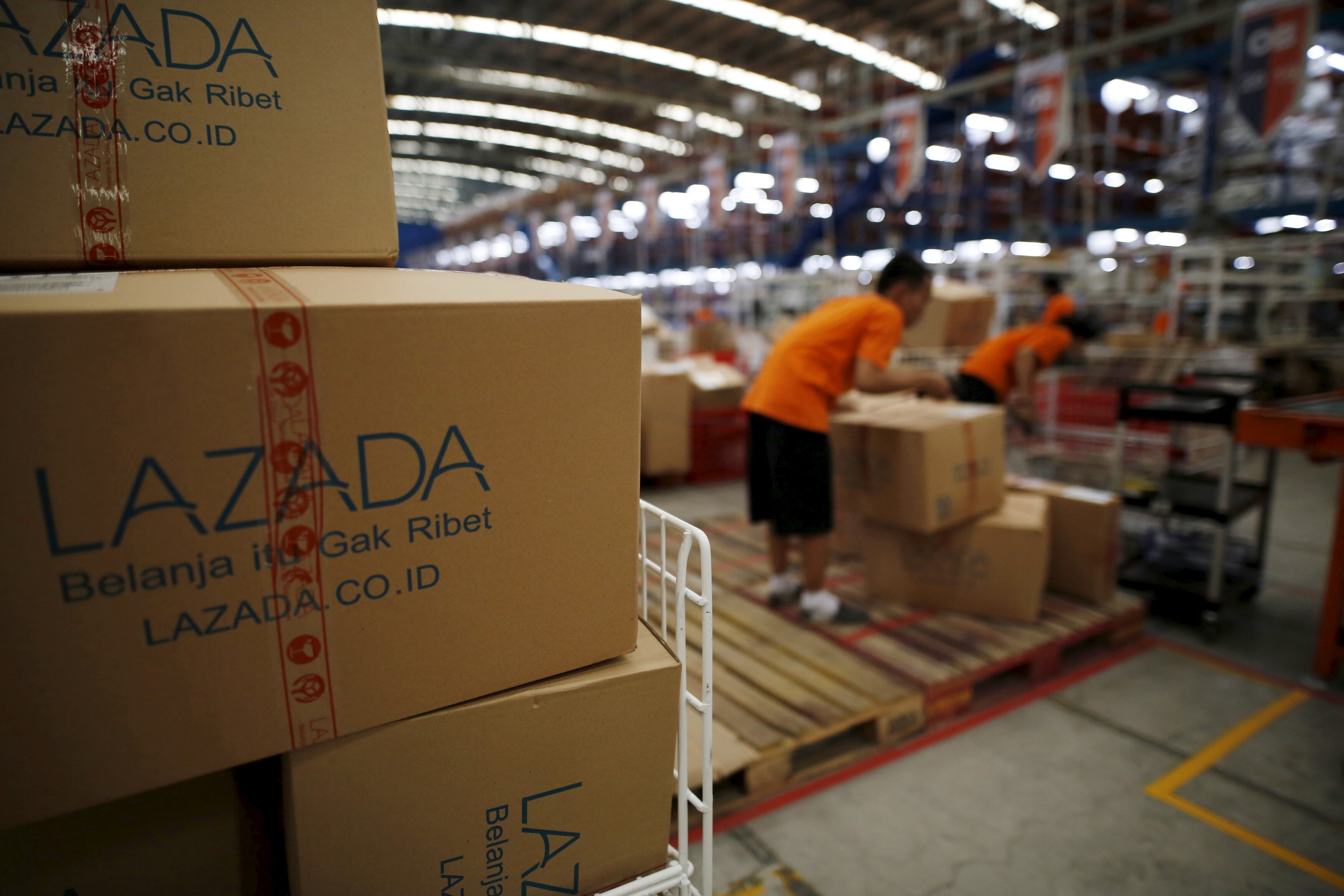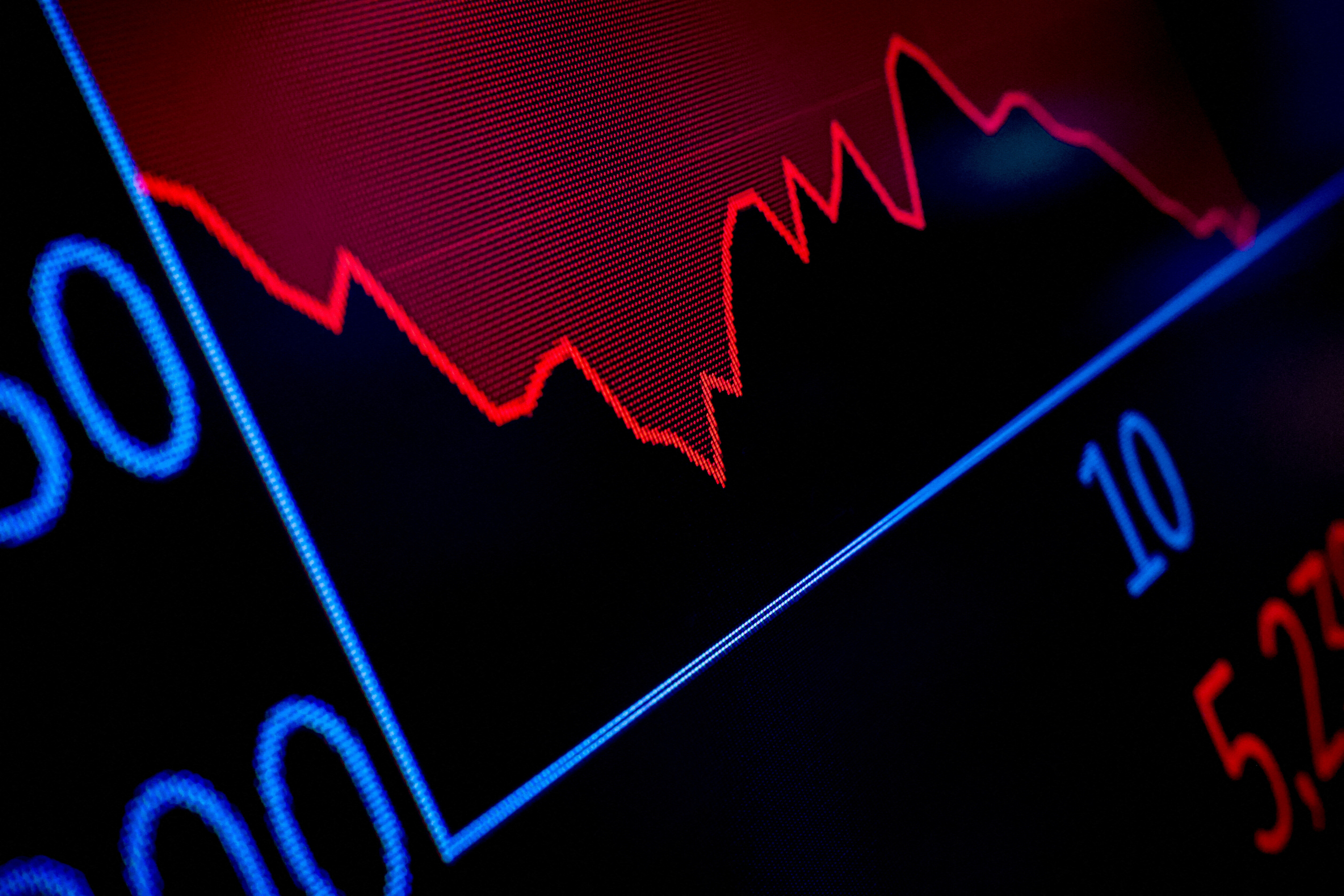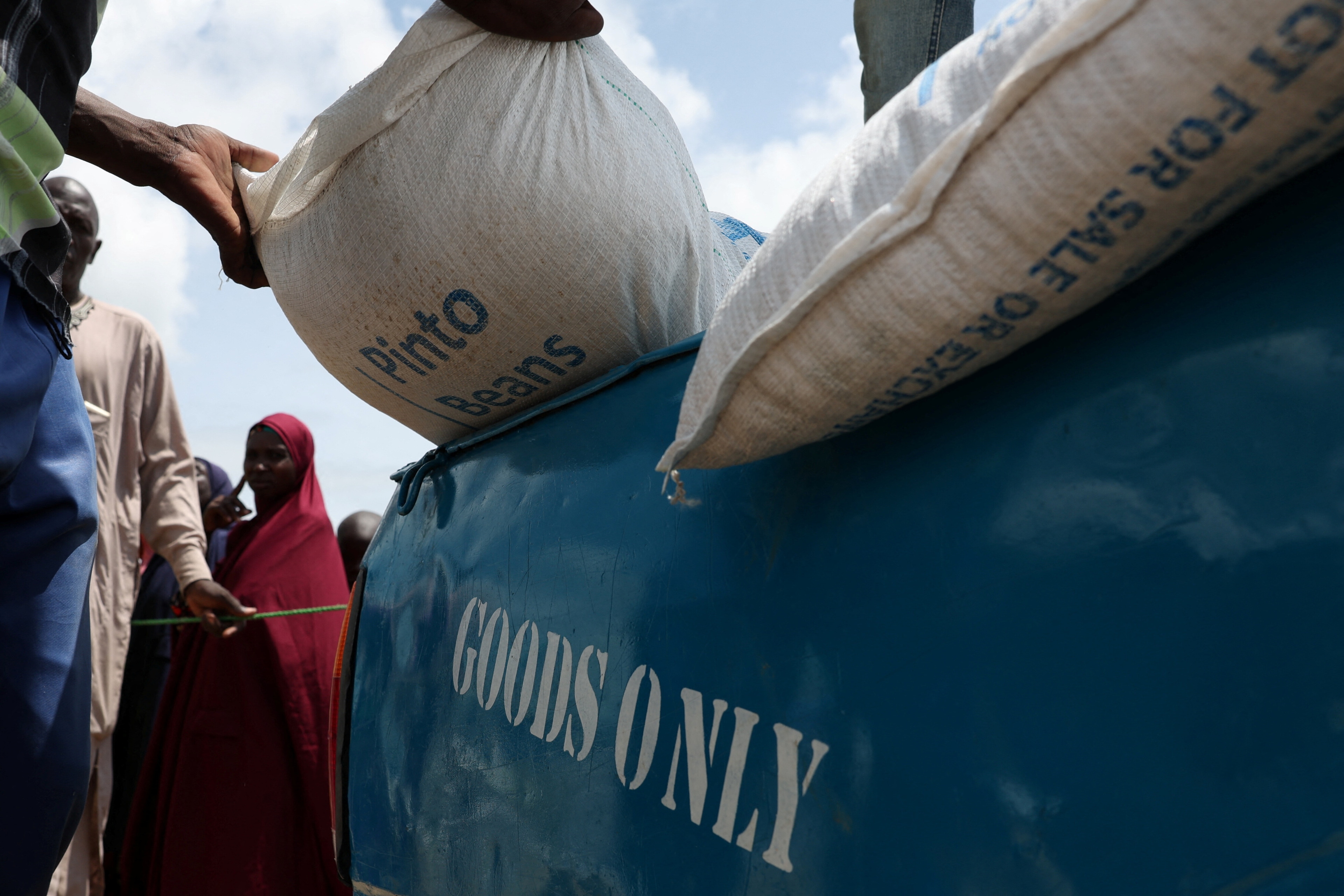From chip disputes to the EU's carbon border tax: 6 things to know about international trade this month

The shift to a greener economy is expected to alter the balance of global trade in 2023. Image: Mohamed Hassan from Pixabay
Listen to the article
- This monthly roundup brings you a selection of the latest news and updates on global trade.
- Top stories: Key factors that will affect trade in 2023; EU carbon tax faces WTO questions; Countries look to bring home semiconductor manufacturing; EU and Chile strike minerals deal.
1. Where will trade go after breaking record in 2022?
Global trade is expected to have hit a record $32 trillion in 2022, with goods trade up 10% on the year to $25 trillion, and trade in services up 15% to $7 trillion, according to the UN Conference on Trade and Development (UNCTAD).
But trade growth took a hit in the second half of last year, with third-quarter goods trade dropping by 1% compared with three months earlier. The likely causes were “geopolitical frictions, persisting inflation and lower global demand”, all of which are expected to negatively affect global trade in 2023, UNCTAD says.
UNCTAD lists the key factors likely to affect trade in 2023 as:
Negative factors: lower economic growth forecasts; high prices for traded goods; record levels of global debt and increasing interest rates.
Positive factors: improved logistics as ports and shipping companies have adjusted to COVID-era challenges; new trade agreements are coming into force.
Other factors: the reshaping of global supply chains, including the diversification of suppliers, reshoring, near-shoring and friend-shoring; the shift to a greener global economy.
2. EU carbon border tax raises trade questions
The EU has agreed what will be the world’s first carbon border tax, but questions have been raised about whether it could lead to a breach of World Trade Organization (WTO) rules.
The Carbon Border Adjustment Mechanism (CBAM) means that companies in the EU that import goods produced outside the EU will have to buy CBAM certificates to cover the emissions generated in the production of those goods. It is intended to stop “carbon leakage”, where firms in the EU meet emissions rules by shifting production to countries outside the EU with less strict environmental regulations.
How is the World Economic Forum ensuring sustainable global markets?
The EU’s trading partners have labelled the CBAM protectionist. And the CBAM could break WTO rules if it runs alongside current EU emissions trading systems (ETS) rules, which give EU companies in some sectors with hard-to-abate emissions a number of free ETS allowances. “Keeping free emissions allowances for European products, while also requiring the purchase of CBAM certificates for like imported products, would unquestionably be a violation of the [WTO] national treatment rule,” says think tank the Cato Institute. “In effect, it would provide double protection for the European products.”
The free allowances are due to be phased out between 2026 and 2034, but EU industry representatives say this will cripple certain sectors and pose particular challenges for exports. The CBAM will initially cover a number of specific products in some of the most carbon-intensive sectors: iron and steel, cement, fertilizers, aluminium, electricity and hydrogen, as well as some precursors and a limited number of downstream products.
3. EU trade deal with Chile will boost clean energy
The EU and Chile have reached a trade deal that will give the bloc improved access to lithium, copper and other minerals critical to the energy transition. It will also see Chile end tariffs on all imports except sugar.
Chile is the world’s biggest copper producer, with 29% of global production. It is also the second-largest lithium producer, with 22% of the total. Lithium used in electric vehicles and batteries, while copper is used extensively across many clean energy technologies.
Lithium trading volumes and prices soared in 2022 due to supply tightness and rising demand due to the energy transition. The same is expected to happen with copper this year.
The agreement comes as Europe increases its shift away from Russian gas and oil following the outbreak of Moscow’s war on Ukraine. The EU, the G7 and Australia agreed in December to a $60-per-barrel price cap on Russian seaborne crude oil, leading Russian President Vladimir Putin to ban shipments of crude oil and oil products in February-June to any nation implementing the cap.
4. The chips are down in semiconductor trade
Semiconductor chips may only be small, but they are causing big waves right now. The US’ CHIPS and Science Act came into effect at the start of this year – CHIPS stands for Creating Helpful Incentives to Produce Semiconductors – with the aim of boosting domestic manufacturing of this essential part of electronic devices, including by providing $200 billion for R&D.
The US makes 12% of the world’s semiconductors, down from 37% in the 1990s, leaving many firms in the country reliant on foreign chip-makers. Alongside its domestic incentives, Washington has introduced export controls to try and make it harder for China to develop advanced semiconductors – prompting China to file a dispute with the World Trade Organization – and put many Chinese companies on a trade blacklist.
Meanwhile, South Korea is putting in place large tax breaks for semiconductor firms that invest domestically as it looks to ensure the security of supply chains. The former head of South Korean firm Samsung has described having domestic chip supply chains as “a matter of national security”.
And Taiwan – home to the world’s largest contract chipmaker, Taiwan Semiconductor Manufacturing – is looking at expanding tax breaks to encourage domestic semiconductor research and production.
Semiconductor shortages have been a key part of global supply chain pressures in recent years, driven by a COVID-19-led boom in demand for smartphones and computers. Increasing use of digital technologies means the chip market could grow by an average of 6-8% a year through to 2030, McKinsey says.
5. Singapore and South Korea sign digital trade deal
Singapore has signed a digital trade deal with South Korea, covering areas from e-payments and paperless trading, to digital identities and artificial intelligence. It is intended to "encourage more seamless cross-border data flows and build a trustworthy digital environment for businesses".
The deal is Singapore's fourth Digital Economy Agreement (DEA), and its first with an Asian country. It signed the world's first digital Digital Economy Partnership Agreement with New Zealand and Chile in 2020.
DEAs are seen as a new frontier for trade as economic activities become increasingly digitalized. Governments are using the deals to modernize rules and tackle digital policy fragmentation.
While traditional trade agreements sometimes include chapters on digital trade issues, DEAs are comprehensive “digital-only” agreements that establish trade rules and facilitate interoperability between two or more digital economies.
"By aligning standards, enabling trusted data flows and allowing cross border digital transactions to take place more seamlessly, the Korea-Singapore Digital Partnership Agreement will open up opportunities for our businesses and people in the rapidly growing digital economy," says Singapore's Second Minister for Trade and Industry, Tan See Leng.
South Korea was Singapore’s seventh largest trade partner in 2021, with merchandise trade of $40.93 billion, up by 26% from 2020.
6. How has Brexit affected British trade?
It is now over two years since Britain left the European Union, but more than half of the firms affected are struggling to adapt to new trade rules, and 77% find it is not helping them increase sales, according to the British Chambers of Commerce (BCC). “Brexit has been the biggest ever imposition of bureaucracy on business,” one manufacturer told the organization.
Britain aimed to sign deals covering 80% of its trade with the rest of the world by the end of 2022, but agreed only around 63%. It has not yet finalized deals with the US and India, and has rolled over 71 agreements that it had while in the EU. Britain has signed only four new trade deals since Brexit – with Australia, New Zealand, Japan and Singapore.
The BCC says five main trade areas need addressing quickly, including eliminating or reducing the complexity of exporting food for small and medium-sized enterprises.
Read more about trade on Agenda
What can those involved in foreign direct investment learn from the world of football? The Forum’s Head of Investment Policy and Practice, Matthew Stephenson, looks at how firms and footballers use foreign markets to improve their performance and chance of success – both for talent and management.
The current energy and cost-of-living crises show that the world’s provision structures are broken, according to Helena Leurent, Director-General of Consumers International. The answer? A consumer-centric approach that ensures government, business and the public are all working together. This is also reflected in the theme of the Forum’s Annual Meeting at Davos this year, which is “Cooperation in a Fragmented World”.
Don't miss any update on this topic
Create a free account and access your personalized content collection with our latest publications and analyses.
License and Republishing
World Economic Forum articles may be republished in accordance with the Creative Commons Attribution-NonCommercial-NoDerivatives 4.0 International Public License, and in accordance with our Terms of Use.
The views expressed in this article are those of the author alone and not the World Economic Forum.
Stay up to date:
Trade and Investment
Forum Stories newsletter
Bringing you weekly curated insights and analysis on the global issues that matter.









